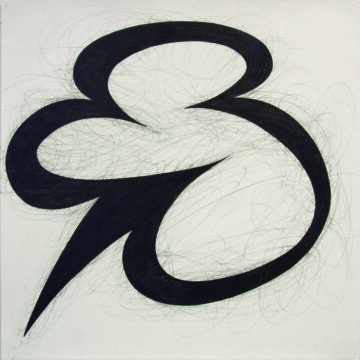by Andrea Scrima
Part I of this is here.
#4: OWWW

Pain is a private experience that happens within an individual body; it is internal and essentially invisible. As much as we might commiserate, we cannot “share” another’s pain; we can merely witness the behavior it induces, inquire into the nature of the pain, and try to help alleviate it.
A medical diagnosis depends on a precise description. Is the pain aching, searing, shooting? Does it prick, stab, sting, or throb—or does it gnaw, tingle, cramp, burn? Is it sharp or dull? Asked to evaluate the intensity of their pain on a scale of one to ten, patients often find themselves at a loss. It hurts, they say. It’s unbearable. Pain is one of the least communicable human experiences.
Pain is also a weapon: power is asserted through violence, in other words, through causing pain. War’s objective is to shoot, burn, blast, and otherwise annihilate human flesh and to damage or destroy objects human beings regard as extensions of themselves: their homes, their possessions, photographs of loved ones, the buildings they live in, their religious and cultural institutions—and often entire cities, along with the history preserved in their architecture, in their libraries, museums, archives. War aims to not merely seize territory and take control, but to induce pain—and to make that pain visible to demoralize its victims, rob them of their voice, their individuality, their humanity.
Foucault described the process whereby the public execution—historically staged as entertainment for the masses—gradually became obsolete. In the practice of extrajudicial torture, however, the spectacle lives on. While the interrogation-induced confession is presented as torture’s justification, incriminating information obtained under duress is generally deemed unreliable or worthless. The infliction of pain serves a different purpose: torture becomes a ceremony, a form of clandestine theater where coercion and admission of guilt merge in a ritual whose power is rooted in secrecy. Read more »

